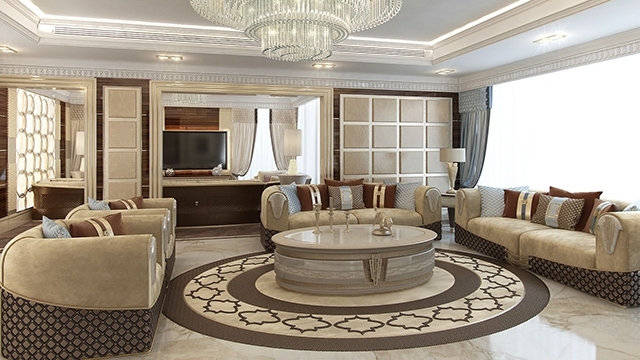Those working in hotel management and other leadership positions need to have a clear understanding of what a hotel is and how it can be defined. However, it is also important to know the different types of hotels that exist. In this article on the meaning of hotel, you can find a basic definition, learn about the history of hotels, and read a breakdown of the different types of properties considered part of the industry.
Hotel Meaning
First, it’s worth taking the time to examine the hotel’s literal meaning and explore its origins.The word” Hotel” itself has its origins with similar words including” hospital “and” hotel”, the former describing a place where visitors receive care, and the latter being a place where travelers can stay.
In the United Kingdom, the Hotel Proprietors Act 1956 defines a hotel as an establishment”To offer food, drink and… sleep, without special contract, to any arriving traveler who appears capable and willing to pay a reasonable sum for the services and facilities provided and which is in a condition to be received.
With this in mind, the meaning of a hotel can be summarized as a property that provides lodging, food, drink, and other services to paying guests .Some definitions insist that overnight stays are a key characteristic. It should also be noted that the hotel business generally describes hotels, motels, inns, bed and breakfasts, and all similar properties.
History of the hospitality industry
While the meaning of modern hotel tends to refer to properties that offer comfortable rooms, food, drink, Wi-Fi, and various other services, it’s worth taking the time to consider.
In truth, there have been facilities providing overnight stays to travelers for thousands of years. For example, in ancient civilizations, there is evidence that visitors from different colonies could purchase overnight stays at an early form of hotel, such as an inn, and these often offered a bed and stable for horses.
In Japan, the Nishiyama Onsen Keiunkan, which is still in operation, was established as early as 705 AD.It is recognized by Guinness World Records as the oldest hotel in the world and is often cited as one of the first companies to offer something akin to modern hotel services, including shelter, bed, food, drinks and access to hot springs.
In the Middle Ages, monasteries were often used as a form of overnight accommodation, while modern business practices and the concept of luxury hotels for the wealthy began to emerge in the 18th century. The 19th century then saw a rapid growth in the hospitality industry, particularly in Europe and North America, leading into the modern era.
What is the significance of the different types of hotels
The meaning of” Hotel”is actually quite broad, encompassing many different types of hotels .Some of the main examples of different types of hotels are described in more detail below:
chain hotel
The basic meaning of a chain hotel is a hotel that is operated by a company or an owner as part of a collective of properties .Some of the most notable examples of brands running hotel chains include Marriott and Hilton .Those in management positions will generally be required to meet the standards applied to all properties in the chain.
The company owning a chain can, for example, issue clear instructions on what kind of hotel technology should be present and what should be included in the rooms .Some chains allow their hotels to be managed on a more individual basis, but there is usually some level of standardization across the board.
Hôtel
A hostel is a property within the hospitality industry, provides low cost accommodation to a group of people .Many hostels cater to specific demographics, such as students or gap-year travelers, and these properties typically offer some form of shared accommodation, where guests stay in a room containing separate beds.
Facilities such as bathrooms are also shared, meaning a hotel will provide a more private experience .Yet it is the affordability of hostels that will usually serve as the unique selling point .It should also be noted that many hostels will not provide catering services, but will offer a kitchen and other facilities for preparing meals.
Motel
The word “motel” is a portmanteau, meaning motel, and it’s a useful starting point when trying to define these properties .Essentially, a motel can be thought of as a budget hotel, with basic facilities, and these establishments were originally designed to accommodate road travelers, including truck drivers and street vendors.
With this in mind, motels are often located away from the most populated areas, but close to major highways .Car parks will almost always be provided, and food and drink facilities tend to be much more limited than with a hotel, meaning these properties work best as low-cost, short-stay accommodation for those with disabilities. basic needs.
Boutique hotel
Establishing a precise meaning for a boutique hotel can be difficult because there is no strict and agreed definition of a boutique hotel .Nevertheless, these properties will generally have 100 rooms or less and will most often be located in urban areas, close to popular destinations, venues or commercial areas.
Although there are boutique chains, many of these hotels are independently run and may have a unique theme or aesthetic in order to attract customers .The focus is on providing a distinctive guest experience, unlike the experience of large hotel chains, while room rates can also be higher.




